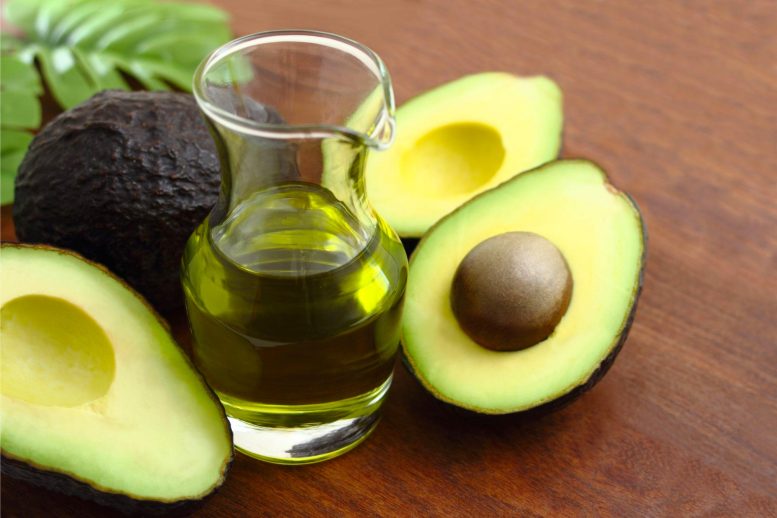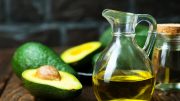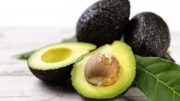
A study by the University of California, Davis revealed that only 31% of avocado oil products tested were pure, while 36% were of advertised quality, with low-cost products more likely to be adulterated. Following this, researchers aim to establish enforceable standards for avocado oil’s purity and quality, and have identified chemical markers for more informed supplier selection, benefiting both consumers and fair producers in the industry.
Scientists have identified key markers that can assist professional retail buyers in selecting genuine products.
In recent times, avocado oil has gained significant popularity for its cardio-protective properties and versatile culinary applications. However, the quality of avocado oil products available in the market varies widely. Some items, advertised as “pure” avocado oil, often include other oils or additives. Regrettably, as of now, there are no stringent regulations in place that define the chemical and physical properties of avocado oil.
A team of researchers at the University of California, Davis, conducted an analysis of 36 privately branded avocado oil products, assessing them for their purity and quality. These private-label products are typically manufactured by an external company but are marketed under the brand label of a grocery store or retailer.
Their findings, published in the journal Food Control, show that 31% of the samples tested were pure, and 36% were of advertised quality. Quality refers to whether the oil is fresh or has gone bad due to aging, heat, or light exposure. For purity, researchers measured fatty acids, sterols, and other components that differentiate avocado oil from other oils.
The study included oils purchased from 19 retailers in the U.S. and Canada with various price points. They found that lower-priced oils were more likely to be tainted with other oils.
“We found that low-cost products indicate a higher probability for adulteration, but high cost didn’t guarantee purity or quality,” said Selina Wang, associate professor of Cooperative Extension in the Department of Food Science and Technology. She and Hilary Green, a postdoctoral researcher at UC Davis, co-authored the paper.
Researchers also identified certain chemical markers in avocado oil that professional retail buyers can use to make more informed decisions when it comes to choosing suppliers. This way, consumers can feel confident about the products they buy.
This is the second comprehensive study conducted by UC Davis researchers on the quality of avocado oil sold in the U.S. The first study released in 2020 found that many of the test samples were of poor quality, mislabeled or adulterated with other oils.
“This study demonstrates that although progress is being made in standard development since our first market study in 2020, there are still issues with purity in avocado oil and these issues extend significantly into private label oils,” Wang said.
Avocado oil standards
Since the release of the first UC Davis study, Wang said there’s been a coordinated effort by researchers, industry leaders, and government agencies to establish enforceable standards. The Avocado Oil Expert Group was formed in collaboration with the American Oil Chemists’ Society to discuss potential standards and future research projects.
Wang’s research group has been studying how natural factors like different types of avocados, harvest times, geographic origins, and processing methods could affect the chemical composition of avocado oil. They want to create standards that will accommodate natural variations while detecting any adulterations.
Wang hopes that the study’s findings will contribute to the establishment of standards that benefit both consumers and avocado oil producers who want to compete in a fair market.
“I’m very optimistic for the future of the avocado oil industry,” Wang said. “It’s a high-value product with high consumer demand, similar to what I saw with olive oil 10 years ago. Olive oil quality and purity have improved significantly, which is where I see avocado oil going, if we can establish fair standards and eliminate fraudulent products.”
Reference: “Purity and quality of private labelled avocado oil” by Hilary S. Green and Selina C. Wang, 8 May 2023, Food Control.
DOI: 10.1016/j.foodcont.2023.109837









Be the first to comment on "The Shocking Truth About Your Avocado Oil – Scientists Reveal Misleading Practices"